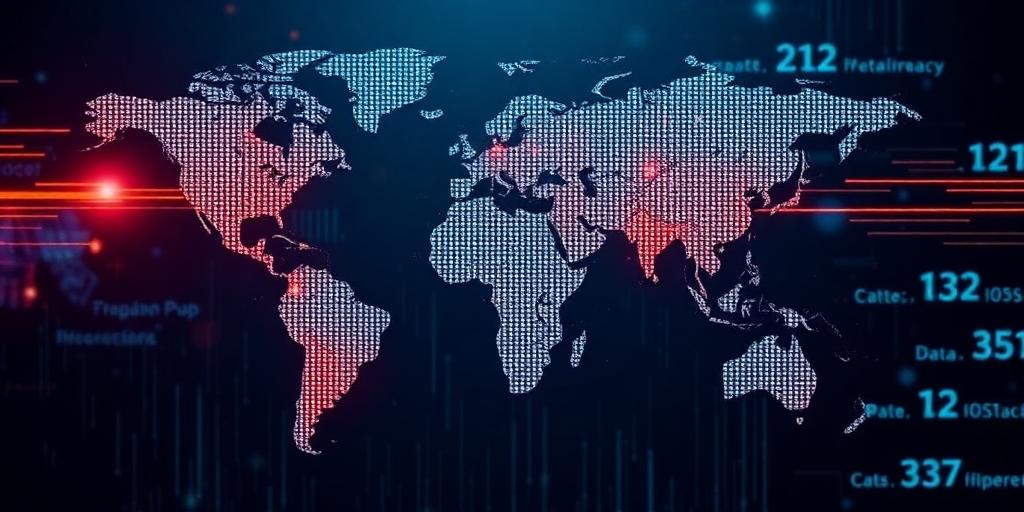Global Perspectives on Data Privacy
Data privacy is no longer a regional issue; it's a global concern. With the increasing interconnectedness of the world through technology, understanding different perspectives on data privacy is crucial for businesses, policymakers, and individuals alike. This post delves into how various regions approach data privacy, highlighting key regulations, cultural nuances, and emerging trends.
North America: A Market-Driven Approach
In North America, particularly the United States, data privacy is primarily governed by a sector-specific framework. Instead of a comprehensive federal law, regulations like HIPAA (for healthcare) and GLBA (for financial institutions) address specific industries. California's Consumer Privacy Act (CCPA) has been a game-changer, granting consumers significant rights over their personal data, including the right to know, the right to delete, and the right to opt-out of the sale of their data. This market-driven approach emphasizes self-regulation and consumer choice, but it can also lead to inconsistencies and complexities.
Europe: The Gold Standard of GDPR
Europe's General Data Protection Regulation (GDPR) is often considered the gold standard in data privacy. GDPR provides a comprehensive framework that applies to any organization processing the personal data of EU residents, regardless of where the organization is located. Key principles include data minimization, purpose limitation, and accountability. GDPR has significantly empowered individuals with rights such as the right of access, the right to rectification, the right to erasure (the 'right to be forgotten'), and the right to data portability. Its impact is felt globally, as many organizations worldwide have had to adapt their practices to comply with GDPR when dealing with EU citizens' data.
Asia: A Patchwork of Regulations
Asia presents a diverse landscape of data privacy regulations. Countries like China, Japan, and South Korea have implemented robust data protection laws, often driven by national security concerns and the need to protect citizens' data within their borders. China's Cybersecurity Law and Personal Information Protection Law (PIPL) impose strict requirements on data processing and cross-border data transfers. Japan's Act on the Protection of Personal Information (APPI) focuses on transparency and consent. Meanwhile, other countries in Southeast Asia are in the process of developing or updating their data protection frameworks, reflecting the region's growing awareness of data privacy issues.
Emerging Trends and Challenges
Several emerging trends and challenges are shaping the future of data privacy globally:
- Cross-border Data Transfers: Ensuring the secure and lawful transfer of data across borders remains a significant challenge, especially with increasing data localization requirements.
- AI and Data Privacy: The use of artificial intelligence (AI) raises new privacy concerns, particularly around automated decision-making and the potential for bias and discrimination.
- The Rise of Privacy-Enhancing Technologies (PETs): PETs like differential privacy, homomorphic encryption, and federated learning are gaining traction as ways to enable data processing while preserving privacy.
- The Role of Data Ethics: Beyond legal compliance, organizations are increasingly focusing on data ethics, recognizing the importance of responsible data handling and building trust with stakeholders.
Conclusion
Global perspectives on data privacy are diverse and evolving. Understanding these differences is essential for navigating the complex landscape of data protection. As technology continues to advance, and data flows across borders, fostering international cooperation and developing harmonized standards will be crucial to ensure that data privacy is effectively protected worldwide.









